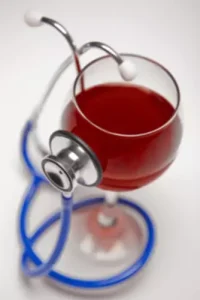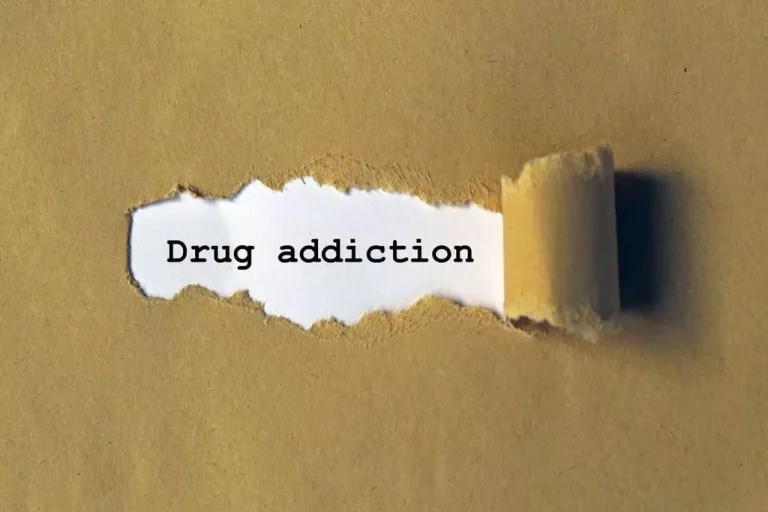
My colleagues and I have conducted several studies which support this idea. In these studies, male participants drank a dose of alcohol that placed them above the legal limit for driving a car – an average breath alcohol concentration of .09%. Then, they engaged in an aggression task, which was framed as a reaction time competition in which they could also behave aggressively toward another participant. Both treatments were delivered by female, masters-level social workers in accordance with treatment manuals for each condition; both therapists delivered both treatment protocols. Therapists received treatment manuals; four days of training including role plays, demonstrations and simulations; and supervised experience in both modalities with several clients prior to beginning the study. In order to maintain adherence to the treatment protocols, therapists referred to a condition-specific and session-specific content outline during each session.
- Mood stabilizers can help regulate emotional fluctuations, while withdrawal management medications assist in managing alcohol cravings and withdrawal symptoms, facilitating a smoother transition toward sobriety.
- They first consumed alcohol and were asked to recognize the emotions of different faces on a computer task.
- Techniques such as stress inoculation and cognitive restructuring help individuals identify and challenge negative thought patterns and develop healthier coping strategies for managing stress and anger triggers.
- Outpatient treatment is less intensive than inpatient treatment or partial hospitalization programs.
Providing reassurance and support
Many people who drink are never violent and even those who do become aggressive won’t do so all the time. Addiction recovery and anger are often uneasy partners, but that does not mean recovery is impossible. Interrupting the anger response after recognizing it early can help you manage angry feelings before they result in inappropriate actions. Learning to manage anger is not the same thing as learning to suppress anger. Suppressing anger is ultimately counterproductive, and can result in too much tension building up, followed by an outburst that can and sometimes does lead to relapse.
Anger Treatment Options
- Alcohol accentuates or promotes the mental state of the drinkers at the time of consumption, fueling negative emotions such as aggressive behavior or positive emotional outcomes such as gregariousness and warmth.
- However, the sample size was appropriate to the state of knowledge in the field, this being the first randomized controlled trial with a new and untested intervention.
- We publish material that is researched, cited, edited and reviewed by licensed medical professionals.
- Melody is here to help as you adjust to a life with less (or no) alcohol.
- In addition to potential mental health disorders related to difficulties managing anger, there are several physical side effects of unchecked and chronic anger.
While drinking alcohol isn’t the sole reason for assault, it plays a substantial role in whether someone commits a violent crime. When it comes to anger specifically, people may experience a phenomenon called “alcohol myopia” in addition to their already heightened emotions. This scenario involves losing your sense of perception under the influence. As a result, you may be overly aggressive during a situation where you’d otherwise notice the cues that tell you to think more rationally. If you live with underlying anger challenges, for example, it may not be as noticeable when you’re sober because your frontal lobe allows you to manage your emotions and your behaviors.
Dopamine in AUD And Aggression

There’s no question that excessive drinking can have a negative impact on the body and the brain. The cerebellum is one of the most sensitive areas of the brain to the effects of alcohol because it has the ability to control functions like memory and emotions. Alcohol forces our bodies to create an increased amount of serotonin and endorphins, which are responsible for regulating our emotions and our sense of relaxation and happiness.
Risk factors
The first session addressed increasing awareness of anger triggers and angry feelings, whereas the second focused on calming self-talk and problem-solving for angering situations. The effectiveness of the anger management component, however, is not clear. Because the anger intervention alcoholic rage syndrome was optional, relatively brief and embedded within a larger CBT treatment, it is not possible to tease out its therapeutic effects. On the flip side, alcohol dependence commonly leads to significant withdrawal symptoms that are often side effects of alcohol addiction.

In assessing the level of risk, it’s essential to differentiate between verbal expressions of anger and potential physical aggression. Before exploring the de-escalation strategies, it’s crucial to understand the importance of managing anger in intoxicated individuals. While anger is an emotional state characterized by displeasure or irritation, aggression involves behavior intended to harm or intimidate others. Hostility, on the other hand, encompasses a more general disposition of antagonism or animosity.
- Group therapy and anger management classes provide a valuable platform for peer support and shared experiences.
- Similarly, mixed findings were also reported for 5-HT1A and 5-HT2A receptor bindings (Underwood et al., 2008, 2018; Storvik et al., 2009).
- These days, people who misuse alcohol can enroll in various treatment programs, whether you choose the 12-step approach or decide to enter residential treatment.
- Anger also contributes to relapse via psychological and interpersonal influences.
Alcohol, Aggression, and Crime
It’s increasingly common for someone to be diagnosed with a condition such as ADHD or autism as an adult. A diagnosis often brings relief, but it can also come with as many questions as answers. “Alcohol is involved in half of all murders, rapes, and assaults,” said Robert O. Pihl, professor of psychology and psychiatry at McGill University. “But the dynamics of this association are complicated, which is why any research that focuses on explaining this relationship is important for society in general.”

One way to have a bit less is to alternate alcoholic drinks with a soft drink or water. By integrating these co-treatment approaches into comprehensive and individualized treatment plans, individuals can embark on a journey of recovery that addresses both alcohol use disorder and anger issues effectively, fostering sustainable change and improved quality of life. Integrated treatment plans that address both alcohol use disorder and anger issues concurrently offer a comprehensive and holistic approach to promoting long-term recovery and emotional well-being.
